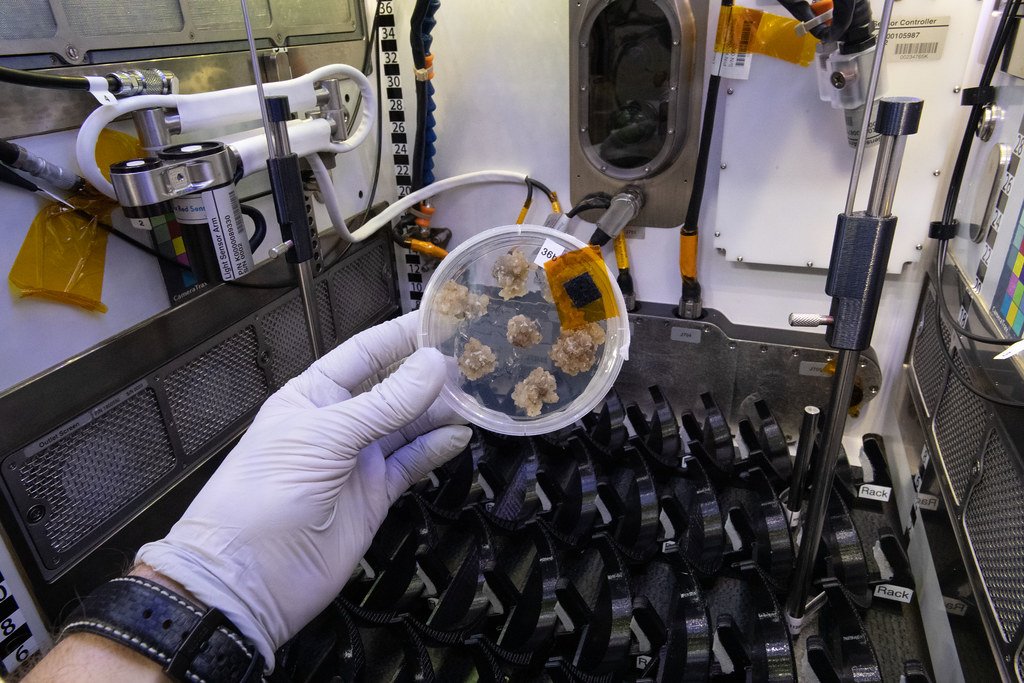Throughout history, when political pressure collides with scientific integrity, some of humanity’s most courageous moments emerge from laboratory benches and research desks. These aren’t just stories about data and discoveries – they’re tales of ordinary researchers who found themselves at the center of extraordinary battles for truth. From Galileo’s telescope to modern climate labs, scientists have repeatedly faced a choice: bend to political will or stand firm on evidence. What happens when researchers refuse to let politics contaminate their petri dishes reveals something profound about both science and human nature.
The Galileo Moment That Changed Everything
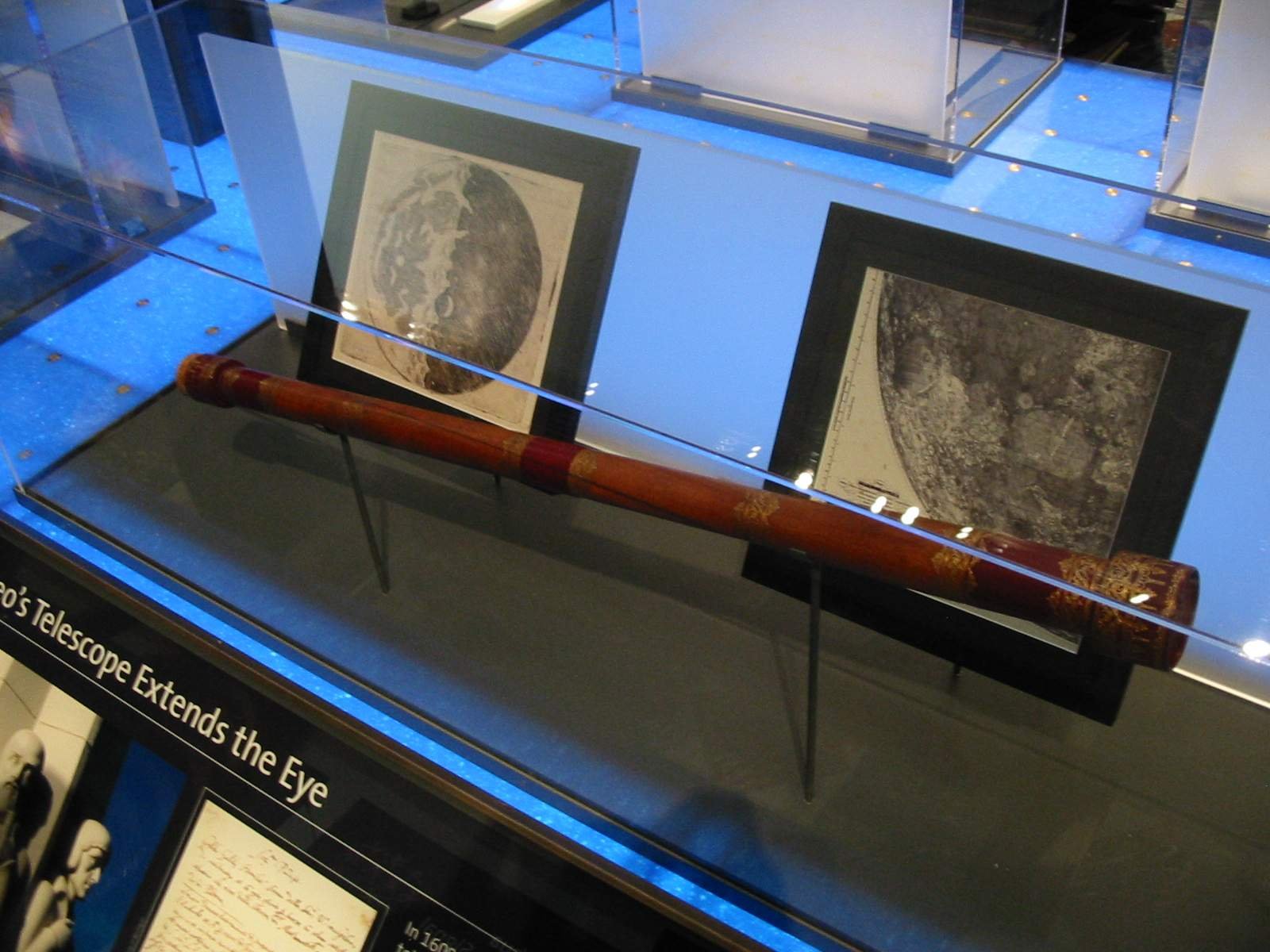
When Galileo Galilei pointed his telescope at Jupiter’s moons in 1610, he wasn’t just making an astronomical observation – he was lighting a fuse that would explode centuries of political and religious dogma. The Catholic Church had built its authority on the geocentric model, where Earth sat proudly at the center of God’s universe. Galileo’s evidence for heliocentrism didn’t just challenge science; it threatened the very foundation of political power. Despite facing house arrest and potential execution, Galileo continued his work, famously muttering “And yet it moves” after his forced recantation. His defiance became the template for every scientist who would later choose evidence over expediency. The ripple effects of his courage still influence how we think about scientific independence today.
Darwin’s Dangerous Idea and Victorian Backlash

Charles Darwin sat on his revolutionary theory for over two decades, knowing full well the political storm it would unleash. When “On the Origin of Species” finally appeared in 1859, it immediately triggered a battle that went far beyond biology textbooks. Victorian society was built on rigid hierarchies that seemed to support the idea of divine creation and natural order. Darwin’s evidence for evolution by natural selection suggested that humans weren’t specially created beings but products of the same natural processes as all other life. Religious leaders, politicians, and social conservatives united in their attack, but Darwin stood firm on his evidence. The controversy revealed how deeply scientific discoveries can threaten established power structures, making every subsequent evolutionary biologist a potential political target.
Ignaz Semmelweis and the Hand-Washing Revolution
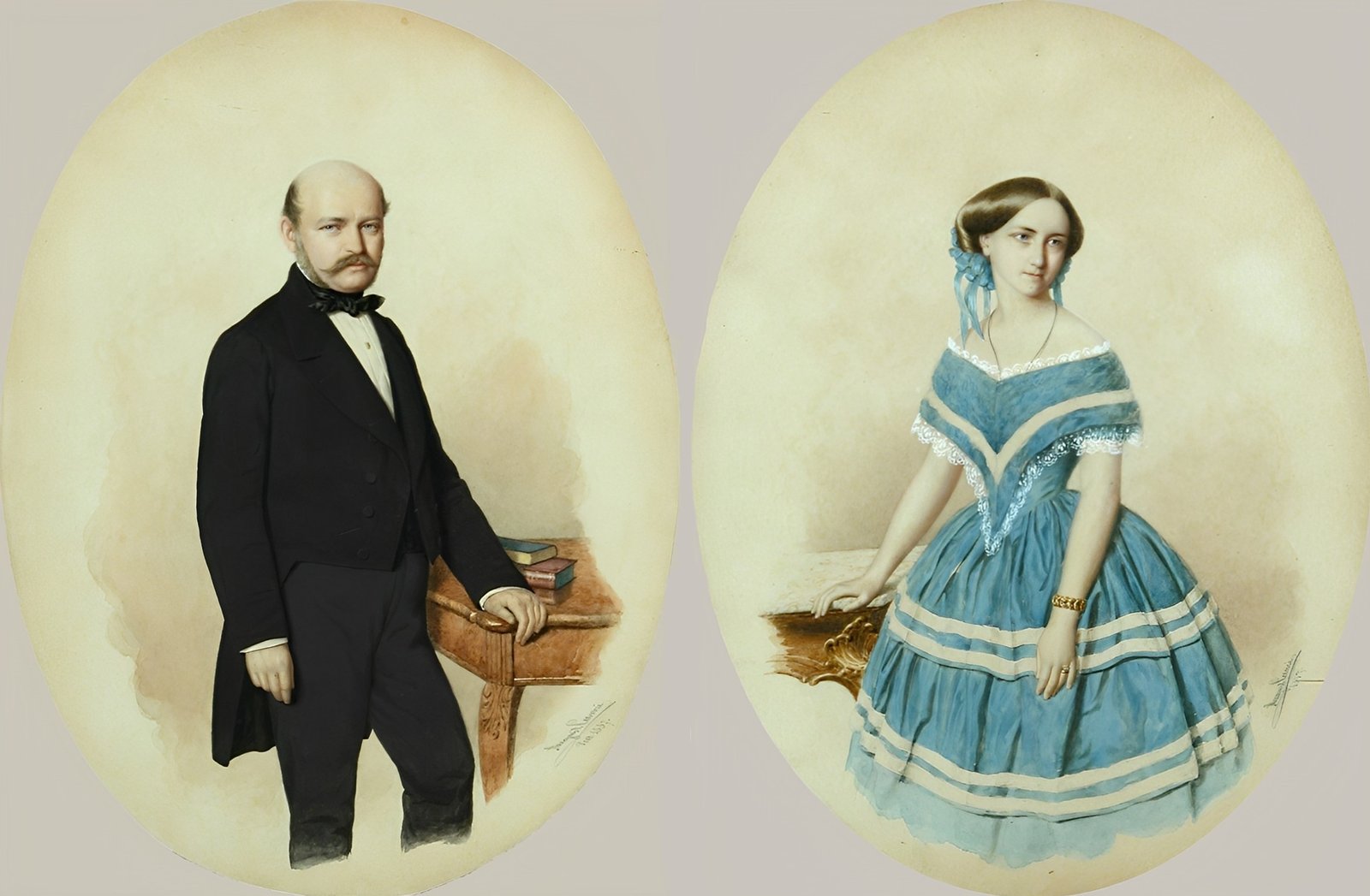
In 1840s Vienna, Dr. Ignaz Semmelweis noticed something disturbing in his maternity ward: women delivered by doctors died at much higher rates than those helped by midwives. His investigation led to a shocking conclusion – doctors were carrying “cadaverous particles” from autopsy rooms to delivery rooms. When Semmelweis instituted mandatory hand-washing with chlorinated lime, maternal mortality plummeted from 18% to less than 2%. Instead of celebration, his discovery triggered vicious political attacks from the medical establishment who saw his findings as an assault on their professional status. Colleagues ostracized him, hospital administrators fired him, and the medical community rejected his evidence for decades. Semmelweis eventually suffered a mental breakdown and died ironically from an infection, vindicated only after Pasteur’s germ theory gained acceptance.
Marie Curie Against Gender Politics
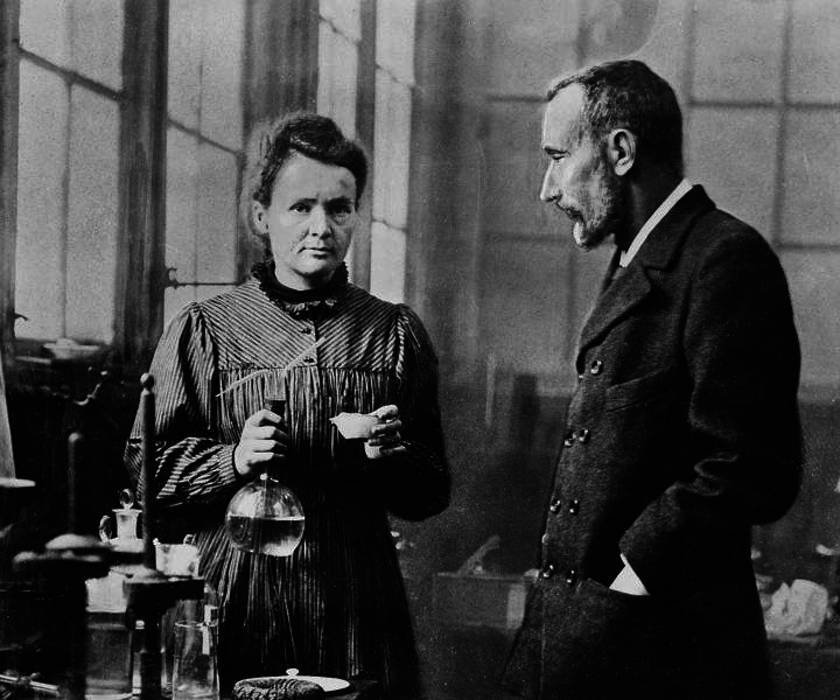
Marie Curie’s groundbreaking research on radioactivity didn’t just earn her two Nobel Prizes – it also made her a target of vicious political attacks rooted in sexism and xenophobia. As a Polish woman working in France during a time of intense nationalism, Curie faced constant questions about her loyalty and competence. When she won her second Nobel Prize in 1911, French newspapers launched brutal campaigns against her, focusing more on her personal life than her scientific achievements. Political figures used her as a convenient target to rally anti-immigrant sentiment and traditional gender roles. Despite death threats and public humiliation, Curie never compromised her research standards or bowed to political pressure. Her persistence in the face of such hostility paved the way for generations of women in science who would face similar battles.
The Manhattan Project’s Moral Dilemma

When World War II thrust nuclear physics into the political spotlight, scientists found themselves grappling with unprecedented ethical questions about their work. J. Robert Oppenheimer and his team at Los Alamos weren’t just splitting atoms – they were potentially changing the nature of warfare forever. Many physicists who initially supported the bomb project later pushed back against political pressure to accelerate nuclear weapons development. After witnessing the devastation in Hiroshima and Nagasaki, scientists like Leo Szilard and Albert Einstein became vocal opponents of the nuclear arms race. Their transition from weapons developers to peace advocates demonstrated how scientific conscience can evolve and challenge political momentum. The atomic scientists’ movement became one of the first organized efforts by researchers to influence political policy based on their technical expertise.
Rachel Carson’s Silent Spring Awakening
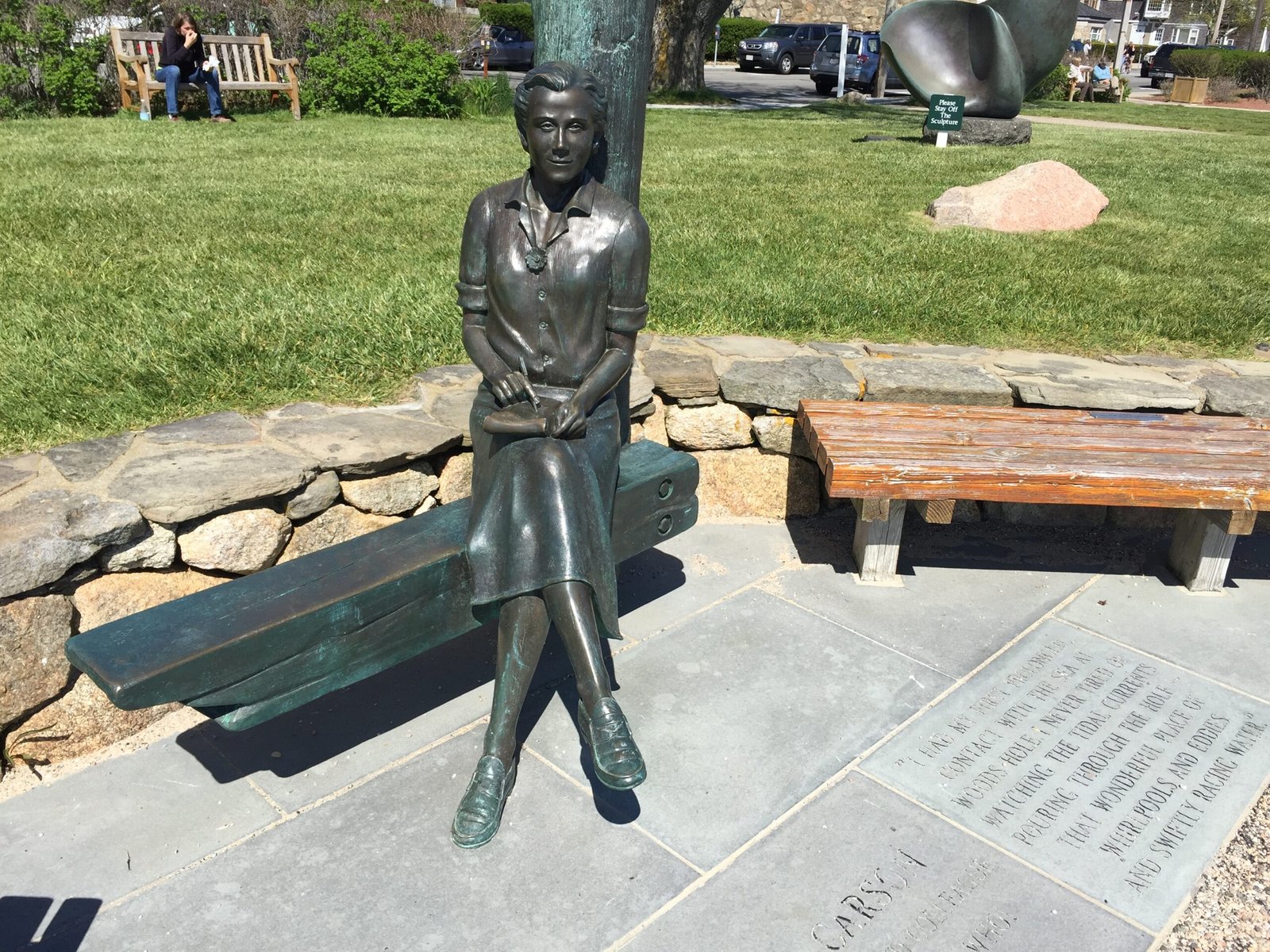
Marine biologist Rachel Carson knew she was declaring war on powerful industries when she began investigating the effects of pesticides in the late 1950s. Her book “Silent Spring” didn’t just document the environmental damage caused by DDT – it challenged the entire post-war narrative of chemical progress and industrial prosperity. Chemical companies launched a massive campaign to discredit her work, spending millions on propaganda that attacked both her science and her personal character. Politicians who benefited from industry donations joined the assault, questioning her credentials and motivations. Carson faced down this corporate and political machine with careful documentation and compelling prose, ultimately spurring the environmental movement and leading to DDT bans worldwide. Her courage in facing such overwhelming opposition showed how a single scientist with solid evidence could take on entire industries.
The Climate Scientists’ Uphill Battle
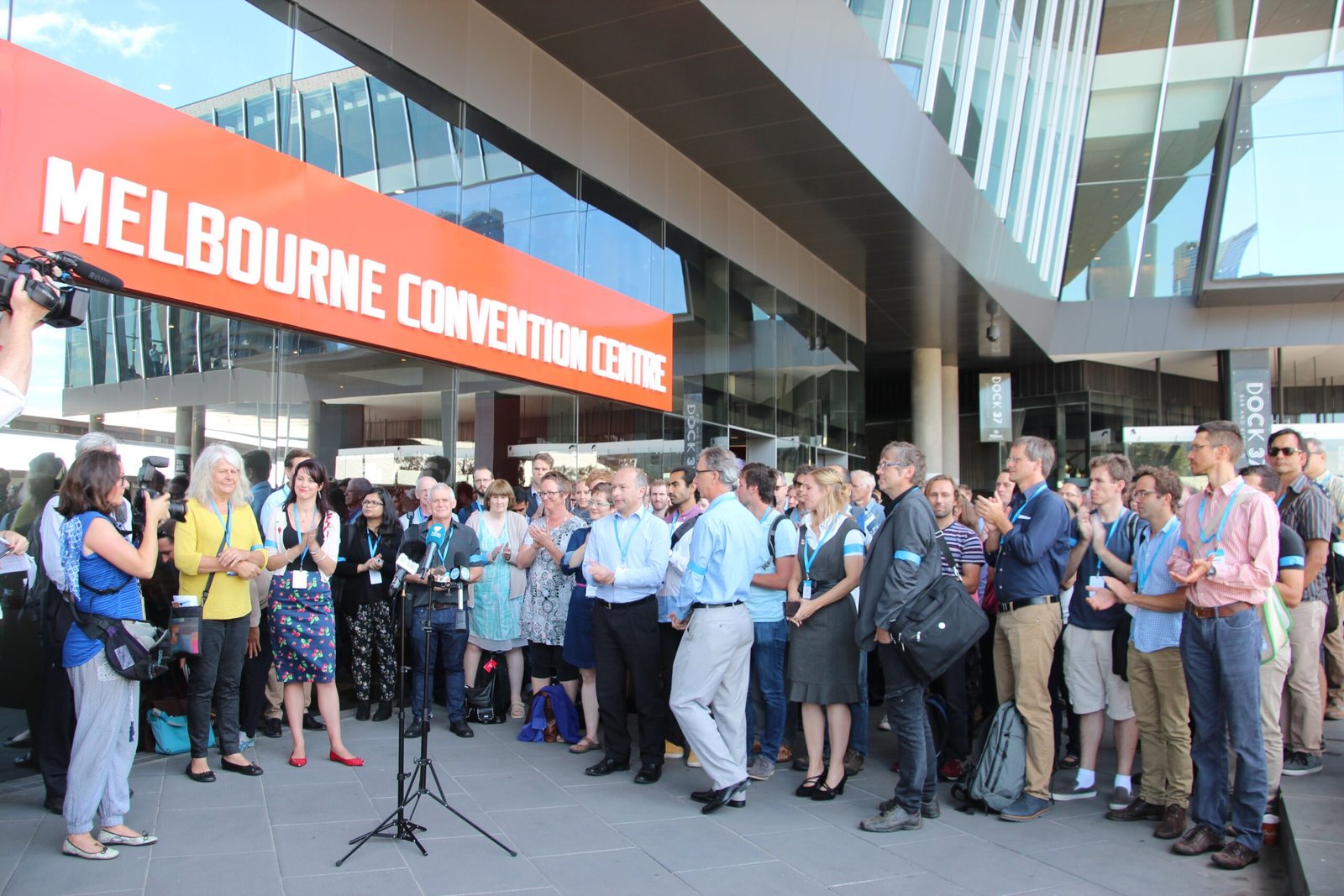
When atmospheric scientist James Hansen testified before Congress in 1988 about global warming, he probably didn’t expect to become a lightning rod for political controversy for the next three decades. Hansen’s NASA climate data showed clear evidence of human-caused warming, but his findings immediately collided with powerful fossil fuel interests and political ideologies resistant to environmental regulation. Despite attempts to censor his research and limit his public speaking, Hansen continued publishing his findings and speaking out about climate risks. His willingness to face congressional hearings, media attacks, and even arrest during protests demonstrated how modern scientists must sometimes become activists to defend their work. Hansen’s example inspired thousands of other climate researchers to speak out despite political pressure and personal risks.
Soviet Scientists Under Stalin’s Iron Fist

Under Stalin’s regime, Soviet scientists faced the ultimate test of scientific integrity versus political survival. Geneticist Nikolai Vavilov refused to support Trofim Lysenko’s scientifically fraudulent agricultural theories, even though they aligned with Communist ideology about environmental versus genetic influences. Vavilov’s commitment to real genetics rather than politically convenient pseudoscience cost him his freedom and eventually his life in a Soviet prison. Meanwhile, physicist Andrei Sakharov initially helped develop the Soviet hydrogen bomb but later became a vocal critic of nuclear weapons and human rights abuses. His transformation from weapons designer to dissident showed how scientific knowledge can create moral obligations that transcend political loyalty. These stories reveal how totalitarian systems inevitably come into conflict with honest scientific inquiry.
The AIDS Researchers Who Broke Through Bureaucracy

When HIV/AIDS emerged in the 1980s, scientists found themselves battling not just a deadly virus but also political indifference and bureaucratic obstacles. Researchers like Dr. Anthony Fauci had to navigate intense political pressure from both AIDS activists demanding faster drug development and conservative politicians who wanted to minimize the crisis. The scientific community pushed back against attempts to downplay the severity of the epidemic or delay research funding based on moral judgments about affected populations. Scientists working on HIV treatments faced unique challenges because their research was simultaneously life-saving and politically charged. Their persistence in treating AIDS as a medical rather than moral issue ultimately led to treatments that transformed HIV from a death sentence to a manageable condition.
Evolutionary Biologists in the Classroom Wars

Biology teachers and researchers have found themselves on the front lines of America’s culture wars, defending evolution education against persistent political attacks. Scientists like Kenneth Miller and Jerry Coyne have spent decades not just researching evolution but also testifying in court cases and debating creationists in public forums. These researchers could have simply stayed in their labs, but they recognized that political attacks on evolution education threatened the entire scientific enterprise. Their willingness to engage in public debates and legal battles helped establish important precedents for science education. The ongoing battles over evolution in schools show how political pressure on science education requires constant vigilance from the scientific community.
The Vaccine Scientists Facing Modern Misinformation

The COVID-19 pandemic thrust vaccine researchers into an unprecedented political spotlight, where their scientific work became entangled with partisan politics and conspiracy theories. Scientists like Dr. Katalin Karikó, whose decades of mRNA research enabled rapid vaccine development, found their work simultaneously celebrated and vilified depending on political perspectives. Epidemiologists who recommended public health measures faced death threats and political attacks that had nothing to do with their scientific methods or conclusions. Many researchers pushed back by increasing their public communication efforts, using social media and traditional outlets to explain their work directly to the public. The pandemic revealed how quickly scientific expertise can become politicized and how scientists must sometimes become public advocates for evidence-based policy.
Environmental Scientists Under Corporate Pressure

Scientists studying pollution, habitat destruction, and species extinction regularly face pressure from industries whose activities they’re investigating. Researchers documenting the effects of plastic pollution on marine ecosystems have encountered well-funded campaigns designed to discredit their work and question their methods. Scientists studying the health effects of various chemicals often find their research funding threatened or their results suppressed by corporate interests. Organizations like the Union of Concerned Scientists have documented numerous cases where companies have attempted to manipulate or suppress environmental research that could affect their profits. These scientists have pushed back by forming advocacy groups, publishing in open-access journals, and building public support for independent research funding.
The Whistleblower Scientists

Sometimes scientists push back against political pressure by becoming whistleblowers, risking their careers to expose scientific misconduct or suppression. Dr. Rick Piltz revealed how the Bush administration edited climate science reports to downplay global warming evidence, leading to congressional investigations and policy changes. Government scientists like Dr. Julie MacDonald faced retaliation for refusing to alter endangered species assessments based on political rather than scientific criteria. These whistleblowers often pay severe personal costs, including job loss, legal battles, and professional ostracism. Their courage in exposing political interference with science has led to stronger protections for government scientists and increased public awareness of how politics can distort scientific evidence.
International Scientists Crossing Borders

Scientific collaboration often transcends political boundaries, creating tensions when researchers maintain international partnerships despite political conflicts. During the Cold War, scientists on both sides continued sharing research and maintaining professional relationships even as their governments viewed each other as enemies. Climate scientists from different countries have worked together on international assessments despite political tensions between their nations. The tradition of international scientific cooperation has sometimes put researchers at odds with their own governments’ foreign policies. These scientists have pushed back against attempts to politicize international research collaboration, arguing that science benefits all humanity regardless of political divisions.
The Social Media Science Warriors
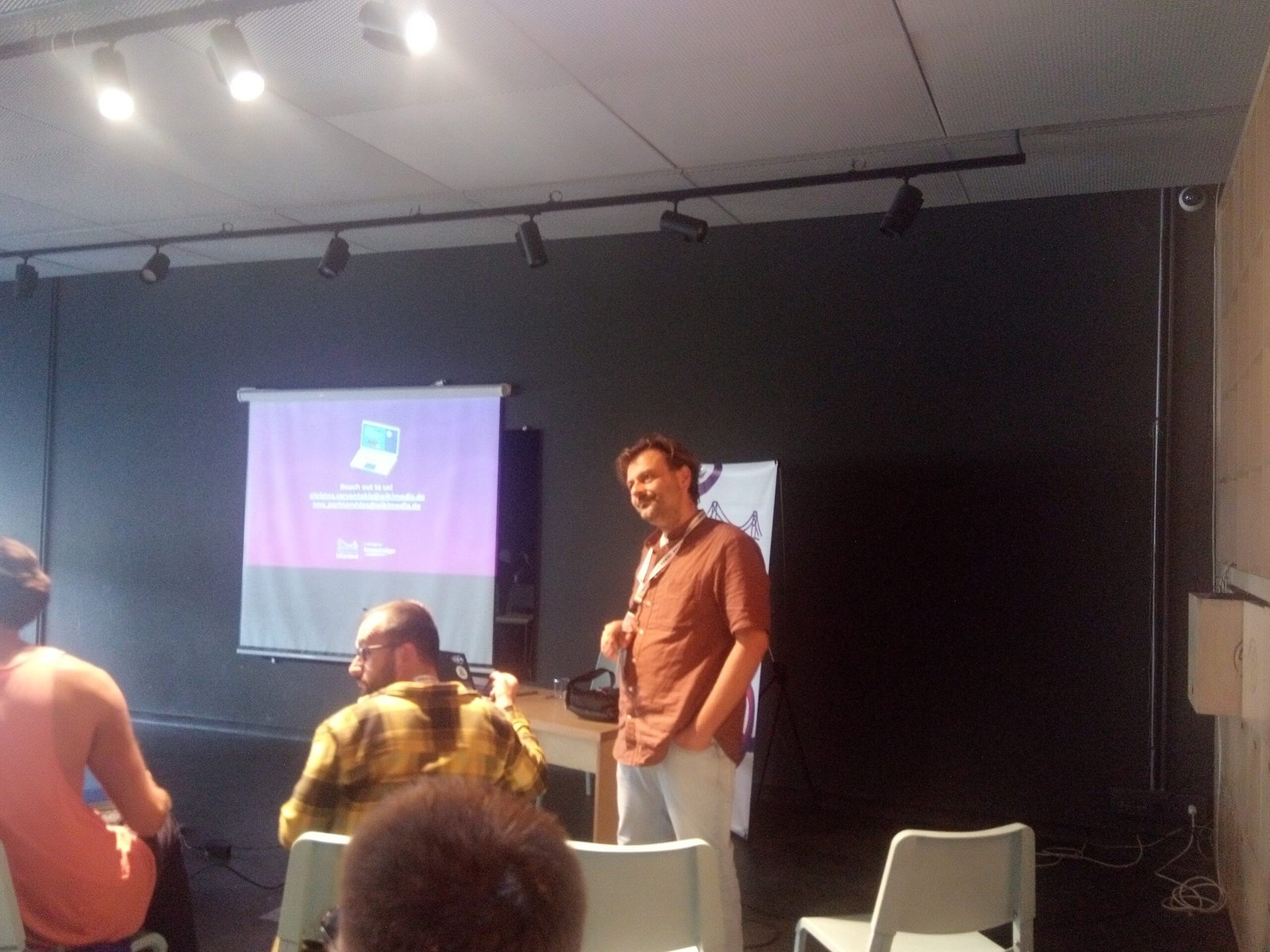
Modern scientists have found new ways to push back against political pressure through social media platforms and online communication. Researchers use Twitter, TikTok, and YouTube to explain their work directly to the public, bypassing traditional media filters and political spin. Scientists like Neil deGrasse Tyson and Bill Nye have built massive online followings that allow them to influence public opinion on scientific issues. Online platforms have also enabled scientists to organize rapid responses to misinformation and coordinate public education campaigns. This digital activism represents a new form of scientific pushback against political interference, though it also exposes researchers to new forms of harassment and attack.
The Economics of Scientific Independence

The funding structure of modern science creates complex pressures that scientists must navigate while maintaining their integrity. Researchers dependent on government grants may face pressure to produce results that align with political priorities or avoid controversial topics. Scientists working for private companies often encounter conflicts between profit motives and honest reporting of results. Many researchers have pushed back by seeking diverse funding sources, publishing in open-access journals, and advocating for increased public funding of basic research. The battle for scientific independence often comes down to economics – who pays for research and whether they expect specific results in return.
Building Institutional Defenses

Scientific institutions have developed various mechanisms to protect researchers from political pressure and ensure the integrity of the research process. Peer review systems, tenure protections, and professional ethics codes all serve as barriers against political interference in science. Organizations like the American Association for the Advancement of Science actively advocate for scientific freedom and provide legal support for researchers facing political retaliation. Universities have established policies to protect academic freedom and maintain independence from political and corporate influences. These institutional defenses represent the collective wisdom of the scientific community about how to maintain integrity in the face of external pressures.
The Next Generation of Science Defenders

Young scientists today inherit a rich tradition of resistance to political interference, but they also face new challenges in an era of social media, partisan polarization, and rapid technological change. Graduate students and early-career researchers are increasingly trained not just in research methods but also in science communication and public advocacy. Organizations like Science for the People and 500 Women Scientists represent new models of scientist activism that combine research excellence with political engagement. The next generation of scientists seems more willing than previous generations to take public stands on policy issues related to their expertise. Their approach to defending science may look different from their predecessors, but the underlying commitment to evidence over politics remains strong.
The Ongoing Battle for Scientific Truth
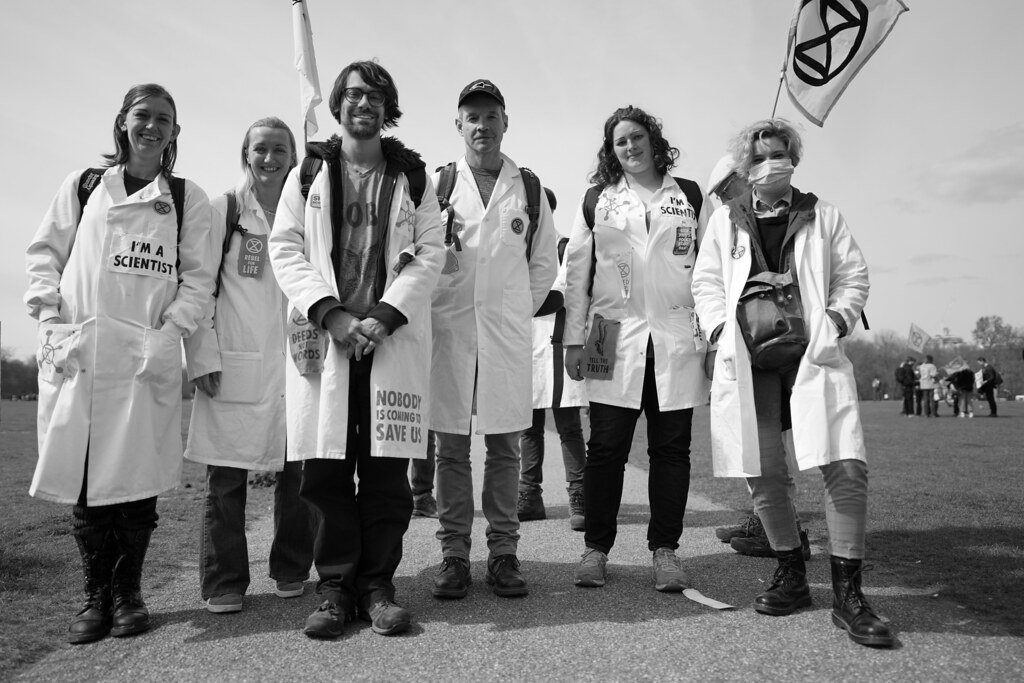
The stories of scientists who pushed back against political pressure reveal a consistent pattern: when evidence conflicts with power, someone has to choose truth over convenience. These researchers remind us that science isn’t just about discovering facts – it’s about having the courage to defend those facts when they become inconvenient for politicians, corporations, or ideologues. Their battles continue today in new forms, from climate science to vaccine research to artificial intelligence ethics. Every time a scientist chooses accuracy over approval, they’re participating in a tradition that stretches back centuries and will likely continue as long as human knowledge advances. What will you do when the evidence in your own life conflicts with what’s politically convenient?

